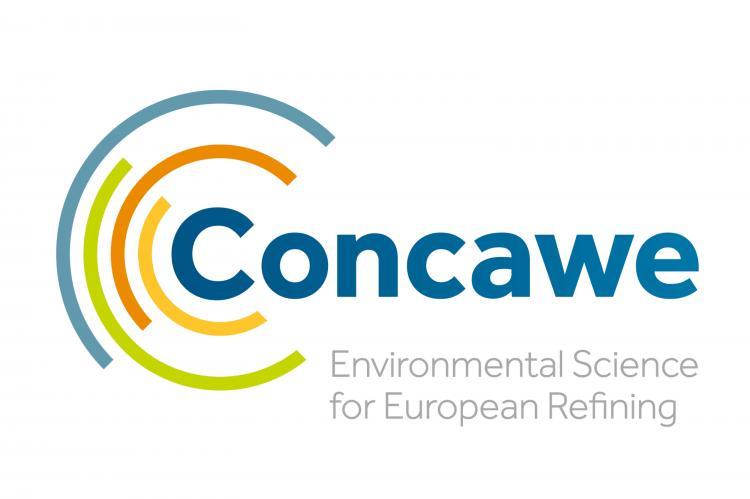Concawe has published a new report called Case Studies and Analysis of Sustainable Remediation Techniques and Technologies.Â
The report aims to fill in a recognised gap in the provision of detailed case studies documenting the practical implementation of sustainable remediation, and facilitate further refinement of guidance. Concawe commissioned CL:AIRE to a) gather, prepare and publish ten European case studies that demonstrate sustainable remediation techniques and technologies and b) provide an analysis of the case studies to identify key success factors. A cross-comparison analysis of the ten case studies has been carried out, seeking to help practitioners compare these case studies to their own projects. The cross-comparison analysis focused on the following attributes: site location and type of site (former use); saturated / unsaturated zone impact; targeted contaminants; risk drivers; envisaged land use; objectives for sustainability assessment; remediation options compared; stakeholder engagement; boundary conditions; scope (environmental, economic, social); key constraints / opportunities; and assessment type (qualitative, semi-quantitative etc). Based on this analysis and recently published guidance, a practical approach for deploying sustainable remediation on operational sites has been proposed. Working with a risk-based conceptual site model, effective engagement with stakeholders and a sound understanding of sustainable remediation practices are seen as key success factors from these case studies.Â
The report was prepared by Rob Sweeney and Nicola Harries, CL:AIRE and Paul Bardos, r3 Environmental Technology Ltd.
The report is available to download on the Concawe website at www.concawe.eu and ten CL:AIRE Concawe Case Study Bulletins are available to download individually at www.claire.co.uk/concawe.

